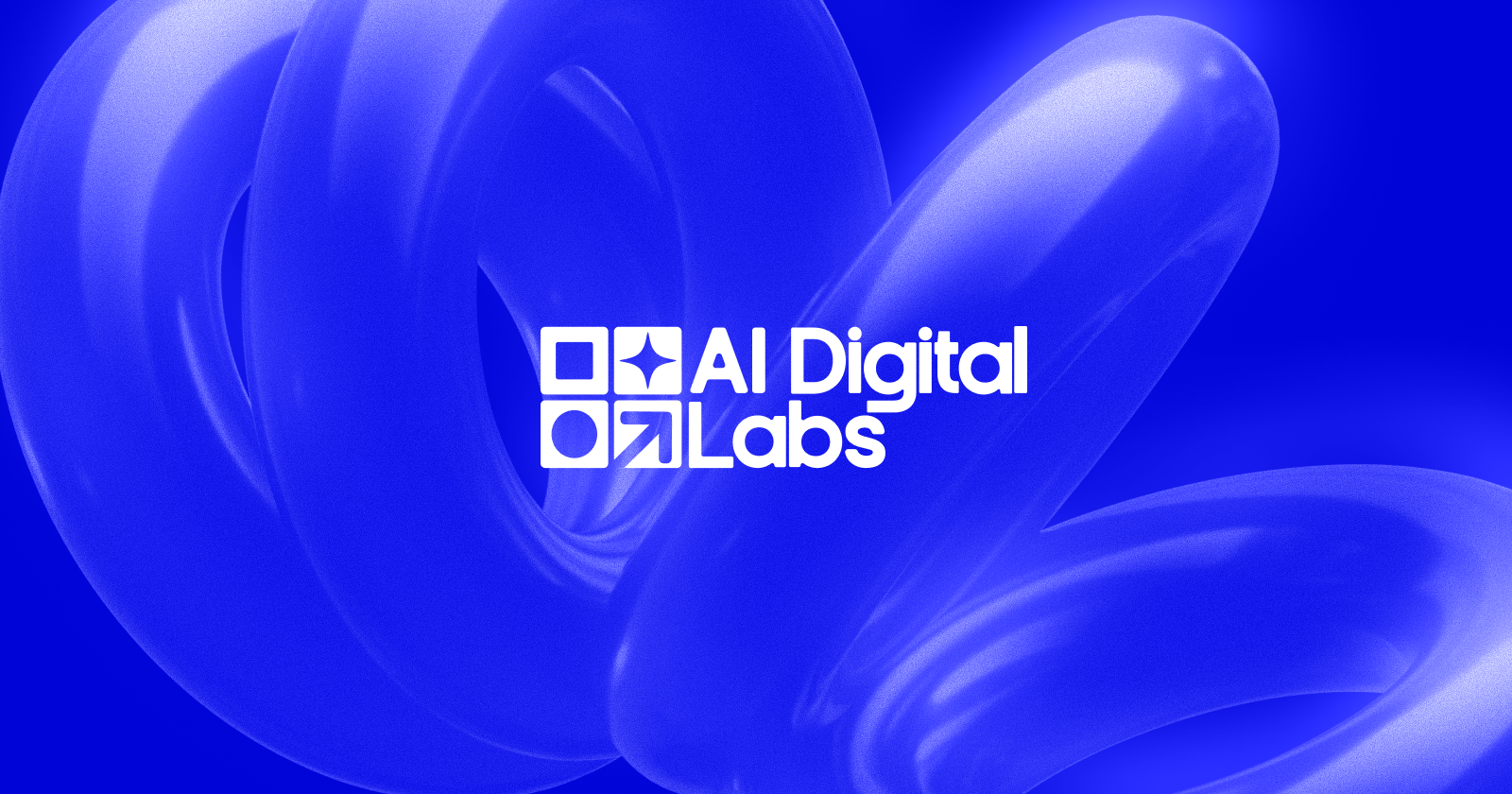"There has to be a better way," Magli thought. He envisioned a company that would level the playing field, one that would give small and medium-sized agencies the same quality access as their larger competitors, but with the flexibility they needed to survive.
Seven years later, that plan has become AI Digital, a company that has grown to become one of the most trusted names in programmatic advertising by doing something radical: telling clients exactly where their money goes.
Breaking Down the Walls
The digital advertising world has long operated behind a curtain of complexity. Major platforms like Google and Meta have created what industry insiders call "walled gardens”, closed ecosystems where advertisers must play by the platform's rules, often without understanding exactly how their money is being spent.
AI Digital's approach is different. The company built what it calls an "Open Garden" framework, rejecting the limitations of these walled platforms in favor of transparency and advertiser control.
"We designed our model to be agile and partnership-friendly," says Magli. "There are no rigid commitments, no minimum spend or lock-in periods, so teams can scale with us at their own pace."
This approach has resonated strongly with clients. AI Digital now maintains a remarkable 98 percent client retention rate, almost unheard of in an industry known for constant agency switching.
The Human Touch in an AI World
While "AI" features prominently in the company's name, what makes AI Digital different is its belief that artificial intelligence should enhance human expertise instead of taking over.
The company employs over 150 in-house media planners, optimizers, and strategists who work alongside its AI tools. This human-first approach is embedded in the company's motto: "Built on human intelligence, enhanced by AI."
This philosophy is conflicting with competitors who promote fully automated "black box" solutions that make decisions without explaining their reasoning. AI Digital's team creates media plans based on client briefs, then uses AI to optimize campaigns while maintaining human oversight.
The results speak for themselves. Clients receive not just traditional metrics like impressions and click-through rates, but business outcomes that show how campaigns affect revenue, which gives them clarity into their return on investment.
Elevating Expectations
In April 2025, AI Digital launched its flagship product, Elevate, representing seven years of data collection and expertise. The platform addresses fundamental issues in media planning and execution through three key components.
First, the Planning Assistant uses natural language processing and historical campaign data to generate detailed media plans in just 30 seconds. Second, the Optimization Engine employs a proprietary Impact Score to identify improvement opportunities every 15 minutes. Third, the Ask Elevate feature allows users to query campaign data using conversational language and receive instant explanations.
"It's like ChatGPT, but more niche for media planning," Malkhasyan says. "If you give all the data, your budget, client name, target audience, goal, like lead generation or brand awareness, it creates the media plan for you and gives you forecasts."
This means advertisers can see projected outcomes before spending a dollar, understanding what CPMs they might achieve, how many website clicks they will generate, and even what revenue might result.
The Premium Traffic Puzzle
For enterprise clients with in-house marketing teams, AI Digital offers a third service called Smart Supply, highly optimized premium traffic for lead generation campaigns.
"We provide premium supply that plugs directly into your existing setup," explains Britany Scott, VP of Growth at Smart Supply," Malkhasyan explains. “You stay in full control of your campaigns, we just ensure the traffic is continuously optimized in the background."
The Future is Remote-First, Results-Focused
AI Digital has embraced a remote-first culture since its founding, allowing it to attract talent from around the world. While headquartered in Miami, the company recently opened an office in Montréal, marking its expansion into Canada.
This approach has fueled remarkable growth. In just one year, the company grew from around 100 employees to more than 300, with team members spread across multiple countries.
The remote-first model mirrors the company's overall philosophy: focus on results, not process. Just as AI Digital judges campaigns by business outcomes rather than vanity metrics, it judges its team by its impact rather than its office attendance.
The company's success points to a truth about artificial intelligence in business: transparency is not an ethical consideration but an advantage. As algorithms make more decisions that affect business outcomes, companies that can explain those decisions clearly will earn more trust.

.svg)
.svg)



.jpg)
